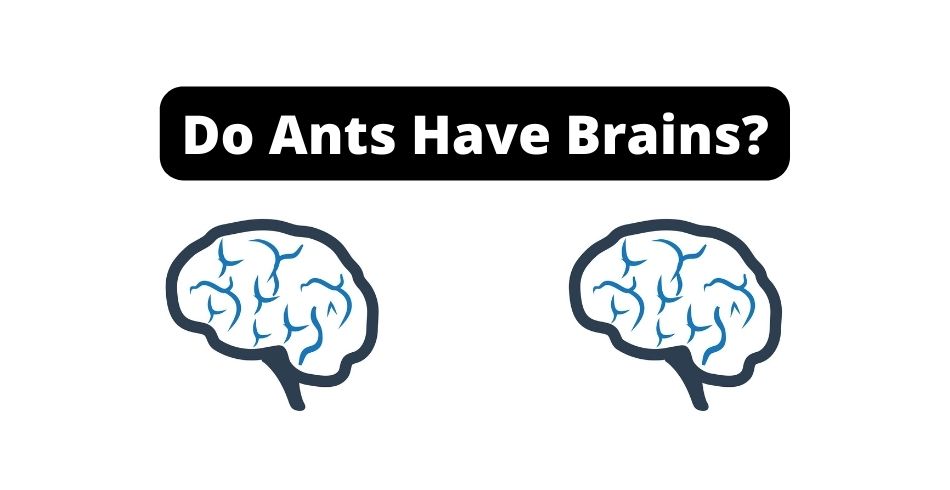Ants are tiny creatures with very simple lifestyles. So how can they possibly possess something as complex as a brain? This article will explore the answer to this question and help you learn more about the fascinating world of ant intelligence.
Ants, like all insects, have poorly developed brains. The brain is located in the ant’s head and is part of the nervous system. In addition to the brain, the nervous system contains a nerve cord that runs along an ant’s body.
Generally, an ant’s brain is tiny.
The brain size of an ant is only about 0.01% of its total body mass!
The brain of the Indian jumping ant is unique in that it shrinks and swells in size depending on the time of year.
During mating season, the brain of the Indian jumping ant swells up to four times its normal size!
Once the mating season is over, their brain shrinks back down again.

Ant brain Vs. human brain
The individual ant brain consists of 250,000 neurons.
This is minuscule compared to humans, who have billions of neurons in their brains.
However, when we compare the colony to an individual’s human brain, the colony has way more neurons.
Ants have a collective brain, meaning an ant colony has complex behaviors as a unit.
How intelligent is an ant?
Ants may not have the same level of intelligence as humans, but they can still perform complex tasks. For example, ants can build their nests by working together and finding food by communicating through chemical signals.
Ants are good at traveling long distances and doing complex navigation while still returning back home to their nests.
They do this by using the sun and pheromone trails as a guide.
Ants also can sense changes in their environment and adapt to them.
Ants can do remarkable things because of their collective intelligence.
They can solve problems and make decisions as a whole colony.
Each ant has limited intelligence and needs to rely on others to survive.
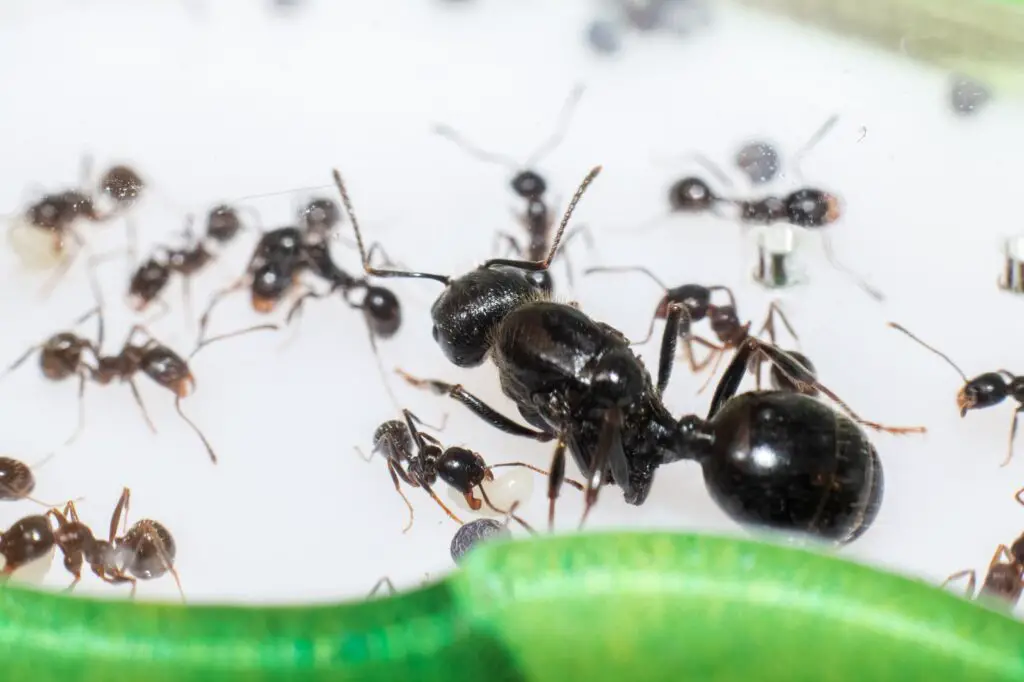
Can ants think?
Ants cannot think or process information in the same way humans do. However, ants can communicate and make decisions as a group, which shows that they are capable of complex thought processes that help them daily.
They use their sense of smell to communicate with each other.
They can send and receive chemical signals that allow them to share information about food sources, danger, and more.
Ants also can learn from their experiences.
For example, if an ant finds a good food source, it will leave a chemical trail that other ants can follow.

This allows the whole colony to benefit from the ant’s experience.
Many believe that when ants sleep, it’s passing information into long-term memory.
Do ants have a hive mind?
Ants have a hive mind, making them work together for the colony’s good. They build their nests, care for their young and risk their lives to protect their whole community. One ant can make its own decisions but share a collective consciousness.
This means they can communicate and share information about food sources, danger, and the environment.
When an ant colony faces a problem, they will work together to find a solution.
For example, they will work together to build a raft if their nest is flooded.
This ability to solve problems as a group can only be attributed to the power of one mind (a hive mind).
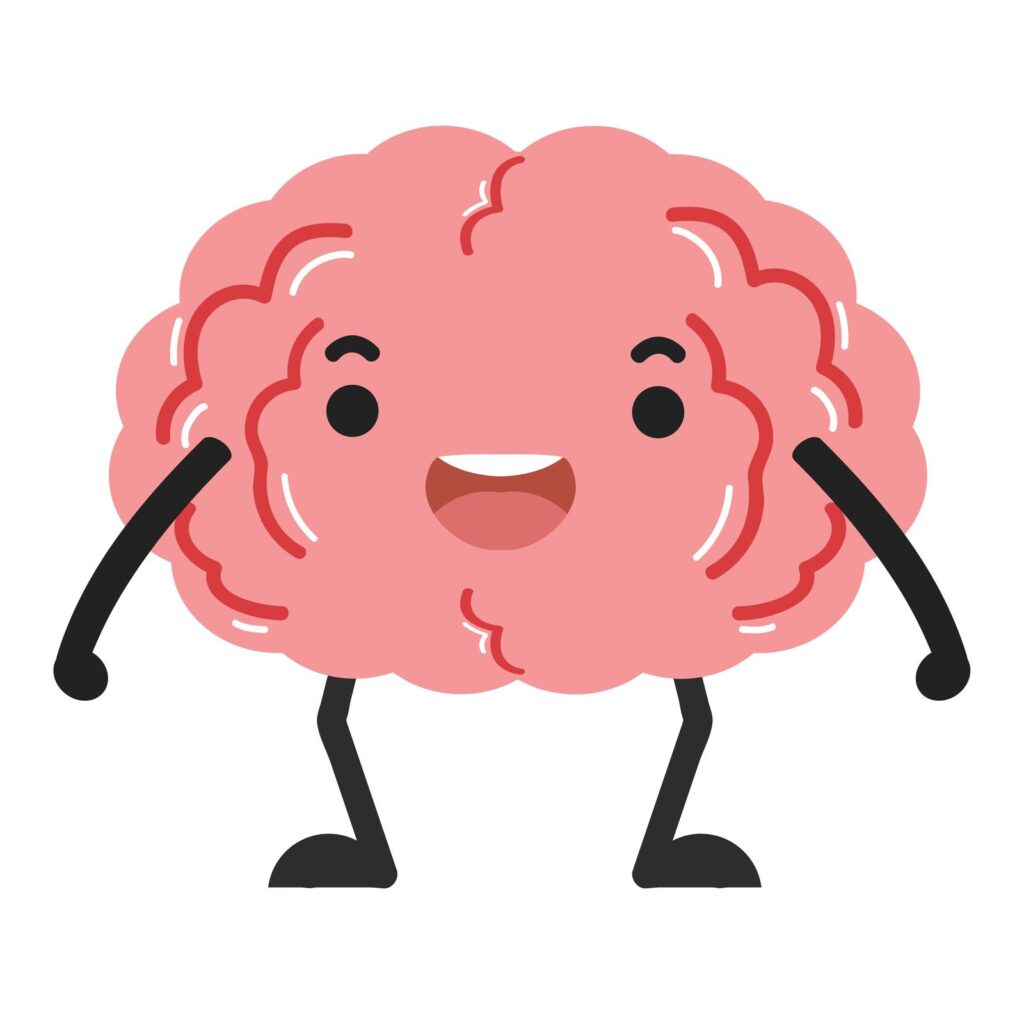
Are ants aware they are alive?
Ants are partially aware they are alive because of their ability to communicate with others and interact with their environment. However, an ant cannot recognize itself as an individual separate from others, and humans’ self-awareness is not required for ants to be considered alive.
There are many different types of self-awareness, but the most common one used to determine if an animal is aware they are alive is called mirror self-recognition.
This test involves seeing if an animal can recognize itself in a mirror.
If the animal can identify itself, then it is considered to be aware that it is alive.
So far, the only animals that have passed the mirror self-recognition test are mammals, including chimpanzees, bonobos, gorillas, orangutans, elephants, dolphins, and magpies.

Even though ants cannot pass this test, they are still considered alive because they can interact with their environment.
Another approach is to look at the structure of the ant brains.
Ants’ brains are simple but have a region known as the mushroom body.
This region is believed to be involved in self-awareness in other animals.
Even though ants have mushroom bodies, they do not show any self-awareness.
The ability of ants to interact with their environment allows them to be considered alive.
Even though they do not have the same level of self-awareness as humans, ants communicate and respond to their surroundings, which shows that ants are at least partially aware of their existence.
Do ants have nerves?
Ants have a nervous system that enables them to perform amazing feats, such as building their nests and working together as a team. They have just a few nerve cells or neurons responsible for sending signals to the rest of their body.
Their nervous system comprises of interconnected body parts, including their brain, antennae, and legs.
Together, these body parts allow ants to communicate with each other, navigate their environment and respond to changes in their surroundings.
Individual ants have different roles within their colony; each ant’s nervous system is designed to help them carry out their tasks.
For example, worker ants have neurons connected to feel touch and pain, while soldier ants have neurons that help them detect threats and protect their nest.
The sensory hairs on an ant’s body also play a role in its nervous system.
These hairs are sensitive to air pressure and temperature changes, which help ants detect danger or find food.
Overall, ants have a very simple nervous system compared to other animals.
However, this simple nervous system is enough to enable them to perform complex tasks and live in complex societies. (Source)
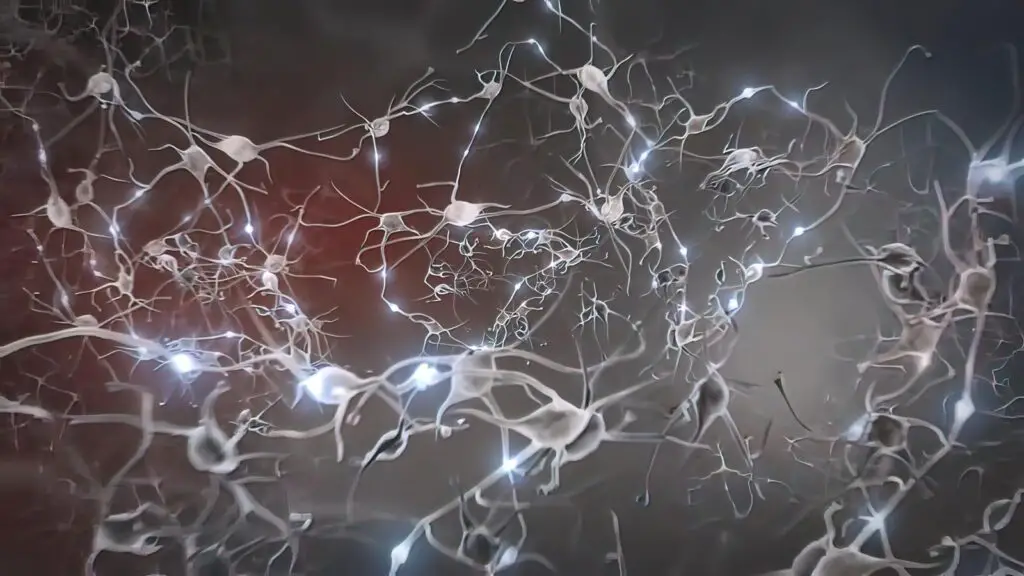
Can ants feel pain?
Ants feel pain, though it may not be the same way humans do. When an ant is injured, neurons in the ant’s body are activated and send signals to the brain. These signals tell the brain that something is wrong, and the ant needs to take action to protect itself.
An ant dies if it is seriously injured or if it is sick.
If an ant is only slightly injured, it will try to clean and repair the damage.
If an ant is in danger, it will send a warning signal to other ants.
This signal tells the other ants to be careful or ready to fight enemies.
Ants also have a unique way of dealing with pain.
When an ant is hurt, it releases chemicals that numb the area around the injury, which helps the ant to feel better and to heal more quickly.
So, while ants may not feel pain precisely the same way humans do, they experience something similar to pain.
This allows them to protect themselves from further harm and continue to function correctly.
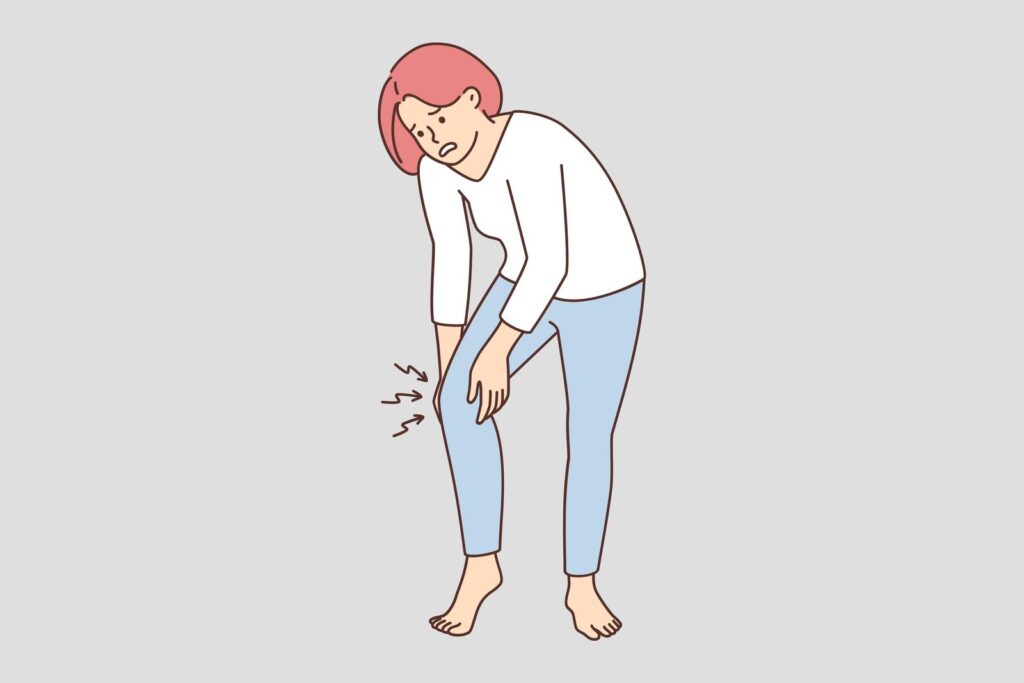
Do ants have hearts?
Ants do not have hearts but a muscular structure that pumps hemolymph through their bodies. However, this heart valve doesn’t divide the heart into chambers like humans. While ants have a system that helps circulate their blood, it doesn’t function like human hearts.
The open circulatory system of ants comprises a series of tubes through which the hemolymph flows.
The muscles in the walls of these tubes contract, which helps to pump the hemolymph throughout the body.
Ants also have a set of valves that help to keep the blood flowing in one direction.

Why do ants exist?
Ants are a very successful species, which is why they have survived for so long. They are among the most dominant insects, making up around 25-30% of the total insect population, and this is why they can be found in nearly every ecosystem on Earth.
Here are some reasons why ants exist:
Ants Have A High reproductive rate
A single queen lays up to 40,000 eggs in her lifetime.
This ensures that there are always enough ants to carry out the colony’s tasks.
Ants have a complex social system that allows them to cooperate and work together for the colony’s benefit.
This helps them survive in demanding environments and enables them to defend themselves against predators.
Ants Are Incredibly Adaptable
Ants can adapt to changing environments, which has helped them to survive for millions of years.
They can move their ant colonies to new areas if the environment becomes too hostile.
Ants Have A Strong exoskeleton
The ant’s exoskeleton is solid and lightweight, making it difficult for predators to kill them.
Additionally, it shields them from the weather and helps them to retain moisture.
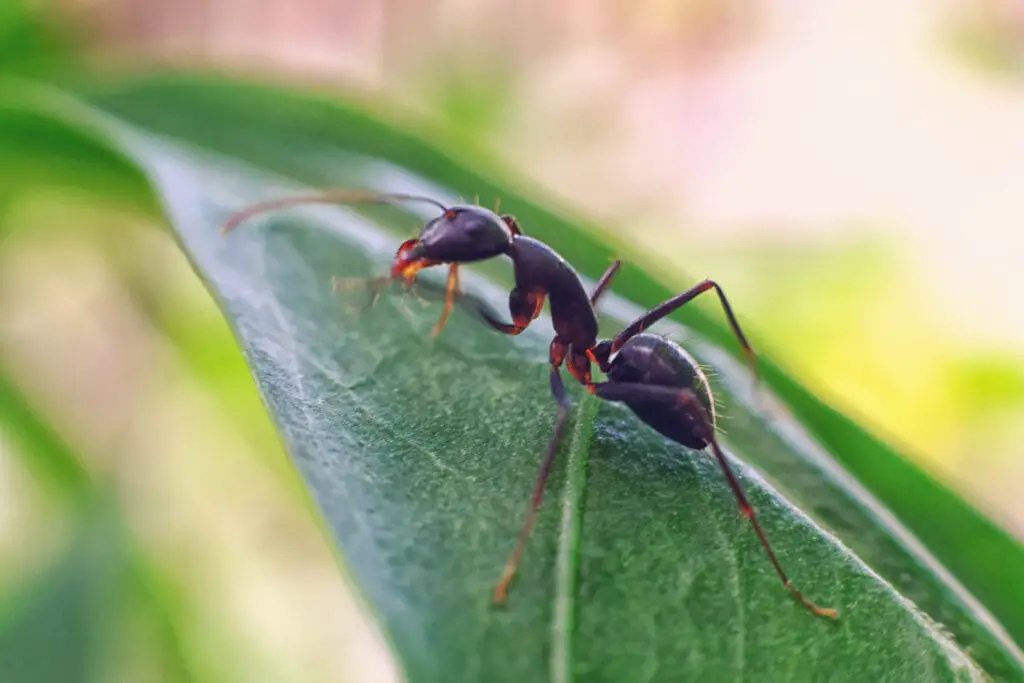
Ants Have Incredible Collective Intelligence
Ants are one of the most intelligent insects and can solve complex problems.
This intelligence allows them to collect food, build nests and defend themselves from predators. (Source)
Ants Love Hard work
Ants are hard workers and will do whatever it takes to survive.
They will build nests, forage food, and care for their young. This hard work ensures that the colony can survive in harsh conditions.
Do we need ants?
While ants are not essential for human survival, they play an important role in the ecosystem. They help to recycle nutrients and allow other plants and animals to thrive. Without ants, the world would be a different place as ants have no substitute.
Ants benefit us in these ways:
Ants Help Recycle nutrients into the soil
Ants recycle nutrients by returning dead leaves and other plant material to their nests, breaking them down, and adding them to the Earth.
This helps to replenish the nutrients in the soil, which is essential for plant growth.
Ants Patrol Other insects
Ants are predators of many other insects, including aphids, caterpillars, and grubs, keeping these other insects from damaging crops and gardens.
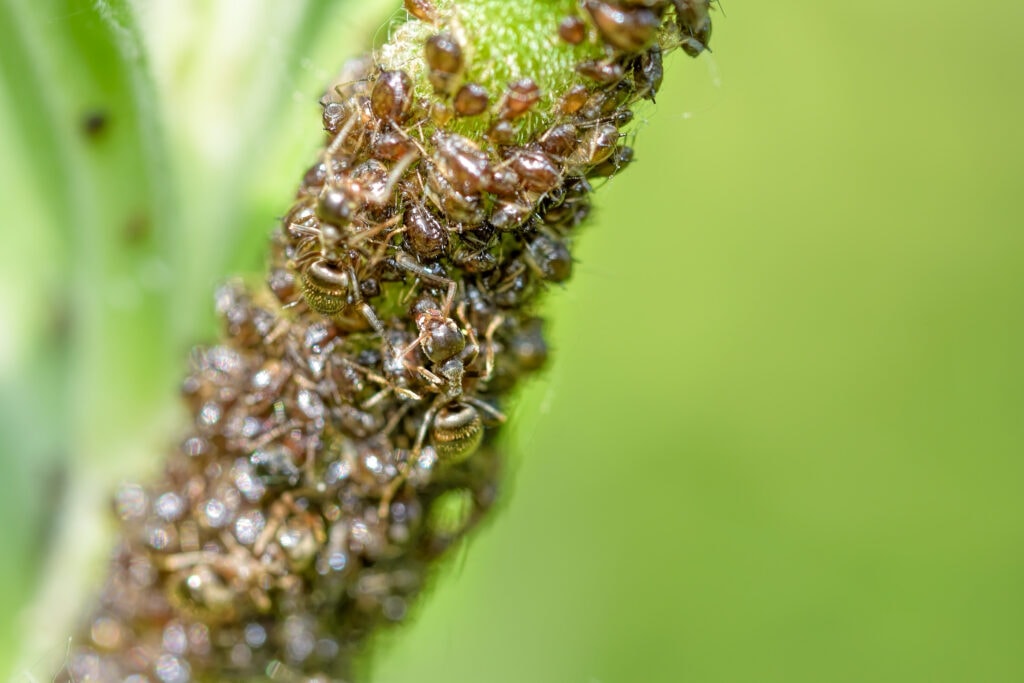
With Crops, Ants Help Aerate the soil
As ants travel through the soil, they create tunnels.
These tunnels help aerate the soil and improve drainage by allowing roots to access oxygen and water.
Ants Pollinate flowers
Many ants are attracted to the nectar of flowers.
As they feed on the nectar, they transfer pollen from one flower to another, pollinating the flowers, which is essential for plant reproduction.
Ants Will Break down organic matter
Ants play an essential role in decomposing organic matter.
They do this by breaking down dead leaves and other plant material, returning nutrients into the soil, which is vital for plant growth.
Ants are a vital food source for other animals
Ants are an essential food source for many animals, including birds, reptiles, and mammals.
The food helps to keep these animals healthy and provides them with the energy they need to survive. (Source)
Wrapping up, Do Ants Have Brains?
While ants may not be as intelligent as humans, they can still think and make decisions because they have brains.
They also have a hive mind, which allows them to communicate and work together.
Additionally, ants are partially aware they are alive and have nerves that will enable them to feel pain.
Ants help with pollination and other essential tasks. While we may not need ants, they still play an important role in our ecosystem.
